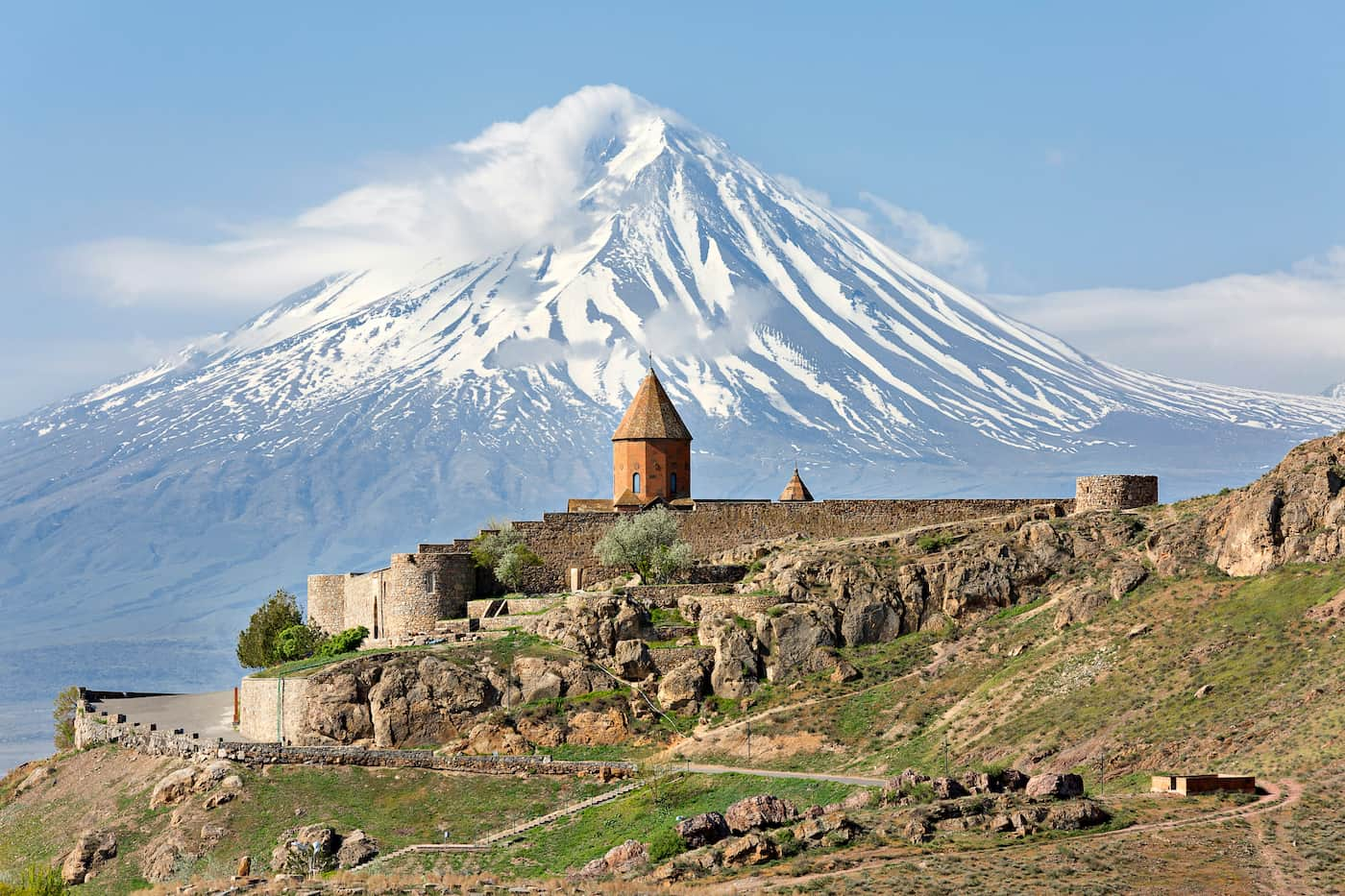Do Other Countries Charge Property Tax Too?

If you’ve ever groaned while writing a check for your property tax bill, you’re not alone. But you might be wondering: “Do other countries have property tax too?” or “Do people in other countries have to pay property tax like we do?” Let’s dive into this hot topic and take a world tour of property taxation. Spoiler: the answer isn’t a simple yes or no—it varies. A lot.
What Is Property Tax Anyway?
Before we go globe-trotting, let’s quickly break down what property tax means. It’s a tax on property (usually land and buildings) that’s typically collected by your local government. The money is used for things like schools, fire departments, and public roads. In most cases, the amount you pay depends on your property's value, and rates vary depending on location, property type, and even purpose (residential vs. commercial).
But does every country follow the same playbook? Not quite.
Yes, Many Other Countries Have Property Taxes
In short: Yes, other countries charge property taxes. But how they do it—and how much—is all over the map.
1. European Countries and Property Taxes
Let’s start with Europe. Do you have to pay property taxes in other countries like the Czech Republic, France, or Germany? You bet—but the details are key.
- Czech Republic: Property tax exists and is quite modest. It’s based on the size and type of land or building. Rates can be adjusted by local municipalities, and owners are required to pay yearly.
- France Has two main property taxes: one for owners (taxe foncière) and one for occupants (taxe d’habitation). The tax burden can be significant, especially in cities or areas with high property values.
- Germany: Property tax is called “Grundsteuer,” and it’s collected annually. It’s not terribly high, but it adds up. Plus, if you sell your property within ten years of purchase, you may face additional taxes.
Some European countries even offer reduced rates or exemptions for primary residences or agricultural land.
2. United Kingdom
The UK doesn’t technically have a national property tax, but don’t get too excited. Instead, property owners pay Council Tax, which functions similarly. It's based on property value and funds local services.
There’s also Stamp Duty Land Tax when purchasing property, which can be a hefty sum. So yes, the UK makes sure to get its cut from property owners, one way or another.
3. Nordic Countries
Sweden and Denmark have wealth taxes that used to include property but have been phased out in some areas. Still, property taxes exist, often charged as a percentage of a property’s assessed value. Again, tax varies depending on the municipality.
Low or No Property Tax? Yes, They Exist
Some countries are considered the lowest tax country options for a reason. If your dream is to live somewhere without coughing up cash for your house each year, you’ll want to keep reading.
1. Cayman Islands
This one is a tax haven in the truest sense. Not only do they not charge property tax, but there are also no personal income tax rates, corporate income tax, or sales taxes. That’s why you see so many investment firms and offshore accounts based there.
But living in the Cayman Islands isn’t necessarily cheap. Property prices can be sky-high, and the cost of living is no joke.
2. Turks and Caicos Islands
Just like its Caribbean cousin, this British Overseas Territory doesn’t impose property taxes. However, they make up for it in other ways, like import duties and fees on financial transactions.
If you’re thinking of investing here, know that investment programs may come with additional taxes or fees upfront—but hey, no yearly property tax bills!
3. Monaco
Zero property tax. Yes, really. But before you start packing, remember: buying property in Monaco means spending millions. It’s luxurious, tax-friendly, and exclusive. You’ll save on taxes, but not on square footage.
4. United Arab Emirates
The UAE—including hot spots like Dubai and Abu Dhabi—does not charge property tax per se. However, there are registration fees when you purchase, and local governments may impose maintenance or community charges.
This system is appealing to many expats and investors looking for countries with the lowest taxes and fewer bureaucratic headaches.
Countries Where the Tax System Hits Hard
On the flip side, some countries don’t hold back.
1. United States
You already know the drill: property taxes are calculated based on market value and paid annually. In places like New Jersey and Illinois, they’re sky-high. Property tax is often the main source of funding for public schools, so your ZIP code really matters.
2. Canada
Each province and municipality sets its own tax on property, and rates can get steep, especially in booming cities like Vancouver or Toronto. The tax burden here is real, especially with recent housing price surges.
3. Japan
Yes, Japan has a property tax. The annual fixed asset tax is levied on land and buildings, with additional urban planning taxes in some areas. And if you’re a foreign buyer? You’re not off the hook—you’re still required to pay.
Why Do Property Taxes Vary So Much?
It all comes down to the tax system each country uses. Some rely heavily on corporate income tax, others on sales taxes, and some mix and match.
In wealthier countries, you’ll often see higher tax burdens balanced by public benefits like free healthcare or education. In tax havens, the opposite is true: low taxes, fewer social services. And rates vary not just between countries, but within them too.
Even within the European Union, there’s no unified property tax approach. Tax varies from one local government to the next, and so do enforcement mechanisms.
Property Tax and Investment Programs
Some countries use their tax structure as a carrot for investors. Think “Golden Visa” or residency by investment schemes.
- Portugal: Offers residency to foreign investors, and property tax rates are relatively low compared to Western Europe.
- Greece has a flat property tax system and attractive investment programs.
- Dominica and St. Kitts & Nevis: These countries offer citizenship-by-investment, often with minimal tax on property and other benefits.
So if you’re considering where to park your money or buy a second home, countries offering investor perks with low property taxes can be appealing.
Do You Always Have to Pay?
Good question. In some countries, certain property types or owners are exempt:
- Farmers might pay less in the Czech Republic.
- Seniors often receive reduced rates in Canada and the U.S.
- First-time homebuyers might get a break in countries like Ireland or Australia.
Still, even when there’s a break, someone somewhere is picking up the tab—usually through additional taxes like consumption or sales taxes.
Final Thoughts: Do People in Other Countries Have to Pay Property Tax?
Absolutely. The form it takes might differ, and the rates vary wildly, but in most places, property owners are required to pay something.
So next time you find yourself groaning over your property tax bill, just remember—it could be worse. Or better. It all depends on where you are.
If you’re hunting for the lowest tax country or considering moving abroad, it pays to look at the full tax system, not just property taxes. Some places might lure you in with zero tax on property, only to charge high sales taxes or fees elsewhere.
Quick Takeaways
- Do other countries have property taxes? Yes, most do.
- Do you have to pay property taxes in other countries? Usually, yes—especially if you own land or a home.
- Which countries don’t charge property taxes? Cayman Islands, Turks and Caicos, Monaco, and the UAE are notable examples.
- Where are taxes lowest overall? Look to countries with low or no personal income tax rates, no corporate income tax, and limited property tax—often small islands or territories with alternative income sources.
- What should you consider before moving or investing? Look at the entire tax burden and the country’s investment programs. A tax-free paradise might cost more in the long run.
Помощь с оформлением карты MasterCard
- Пакет из двух карт сроком на 5 лет
- 4 валюты: USD, EUR, RUBL, AMD
- Комиссия на снятие наличных 1-3%
- Перевод на карту иностранного банка
Стоимость: 300$
Оформить карту



Скачайте гайдбук с подробными шагами по получению ВНЖ, всё просто
Получить гайд




.webp)






